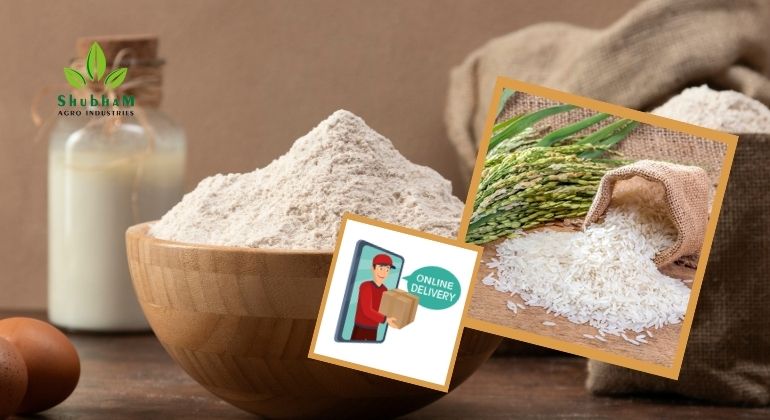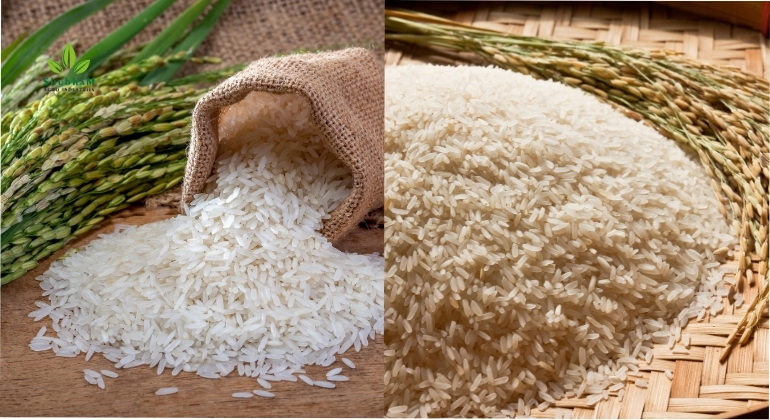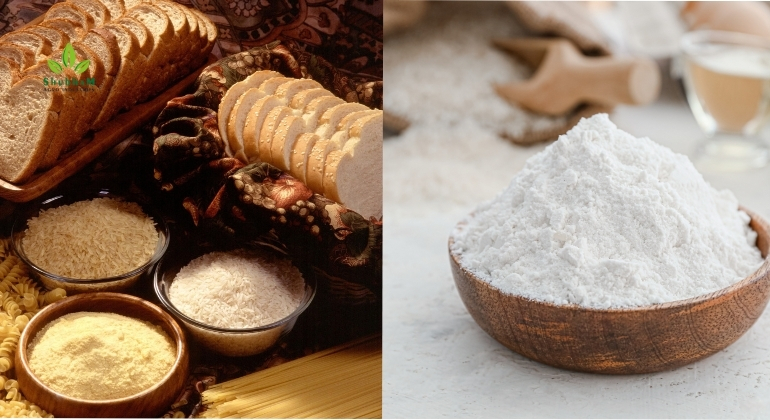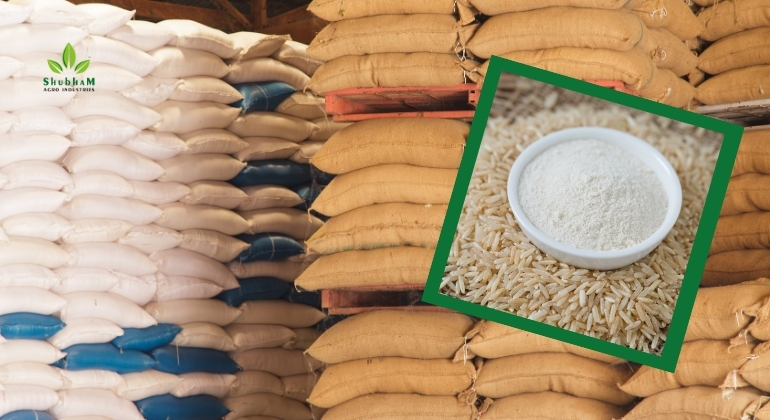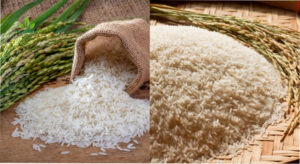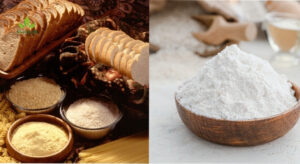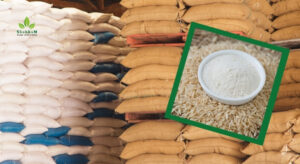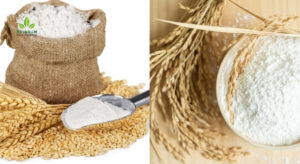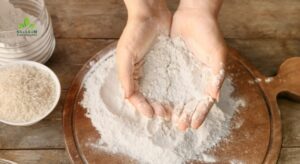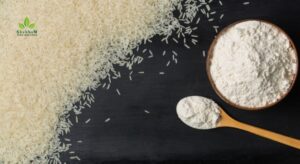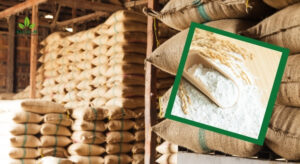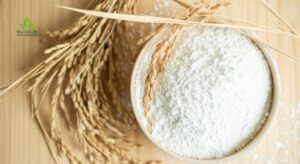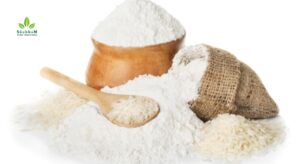Buy Rice Flour Online in India at Affordable Price
Online shopping has become an essential part of our lives in today’s fast-paced society. The ease of doorstep delivery is offered by the online marketplace for anything from apparel and accessories to groceries and gourmet cuisine. Rice flour is one of the key pantry essentials that is now simple to get. For Indian households and food lovers, the affordable internet availability of rice flour is a godsend. The convenience and quality of purchasing rice flour online in India are covered in this blog post.
The Rise of Online Shopping for Pantry Staples
The number of people purchasing pantry essentials online has grown rapidly in recent years, and for good reason. This rise has been caused by various factors, including:
- Convenience: There is no need to go to a store physically when purchasing online. From the convenience of their homes, customers may explore, choose, and order their preferred products.
- Variety: Online markets give customers a variety of options, allowing them to research several brands and iterations of their favourite goods.
- Competitive Pricing: Customers frequently find competitive rates and special discounts in the internet marketplace because of the huge number of merchants there.
- Doorstep Delivery: Perhaps the most significant advantage is the convenience of doorstep delivery. Online shoppers can have their purchases delivered to their homes, saving time and effort.
The Appeal of Rice Flour in Indian Cuisine
Indian cuisine places a specific emphasis on rice flour because of its adaptability and cultural relevance. It is a common component in many regional dishes and opens up a wide range of culinary options. Rice flour is a key ingredient in both everyday cooking and celebratory celebrations, whether it is used to make traditional dosas, idlis, or mithai (sweets).
Buying Rice Flour Online: Convenience and Benefits
There are various benefits to ordering Indian rice flour online, including:
- Extensive Variety: A wide range of rice flours are displayed in online marketplaces, including various rice varieties (Basmati, Sona Masuri, etc.) and particular flour varieties (regular, idli rice flour, etc.).
- Competitive Pricing: When compared to some brick-and-mortar establishments, online vendors frequently offer rice flour at competitive pricing and with special offers.
- Certified Organic Options: To meet the rising demand for organic and natural products, many internet vendors offer certified organic rice flour.
- Convenience: Online purchases of rice flour provide unrivalled convenience. Customers can order things online at any time and from any location, and they will be delivered right to their door.
- Bulk Buying: Larger purchases of rice flour may often be made on online marketplaces, which can be beneficial for households or enterprises that use it frequently.
Considerations When Buying Rice Flour Online
Online markets typically allow for larger purchases of rice flour, which can be advantageous for households or businesses that use it frequently.
- Brand and Quality: When choosing rice flour, research the brands and their reputations. Look for customer reviews and product ratings because quality is crucial.
- Read Product Descriptions: Pay special attention to product descriptions because they may contain information about the kind of rice used, the degree of grinding, and any certifications.
- Certifications: If you prefer organic or certified products, look for relevant certifications in the product details.
- Shipping Costs: Be mindful of any delivery expenses that may apply to your order, and see if there are any possibilities for free shipping for large orders.
- Delivery Time: Delivery timeframes may differ based on your region. Review the anticipated delivery schedule carefully before submitting your order.
Rice Flour Recipes: Delightful Dishes
It’s time to start your culinary journey after you’ve made your rice flour purchase online. Here are some recipes using this adaptable ingredient:
- Dosas: The popular South Indian dosa is made with rice flour as a primary ingredient. Incorporate it with urad dal to make tasty, crispy dosas.
- Idlis: South India’s favourite morning meal is a soft, spongy idli. The key to creating their delicious texture is urad dal and rice flour.
- Rice Flour Sweets: India is home to a broad variety of mouthwatering desserts made from rice flour, including ladoos, murukku, and modaks.
- Gluten-Free Baking: Gluten-free baked items can be made with rice flour, including bread, cookies, and pancakes.
Conclusion
The convenience of purchasing rice flour online in India also opens up a world of culinary options. It’s never been easier to experience the flavours and traditions of Indian cuisine from the comfort of your own home, thanks to the vast selection of rice flours that are offered at affordable costs and the convenience of doorstep delivery. Making dosas, idlis, sweets, or experimenting with gluten-free baking, for example, will be made easier and more enjoyable thanks to online buying for rice flour in India.
